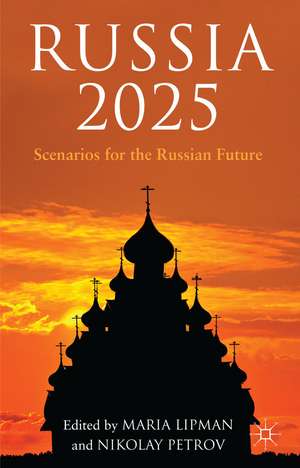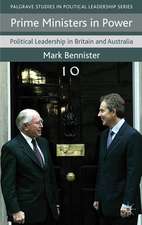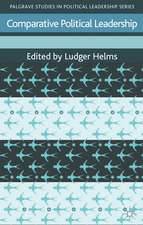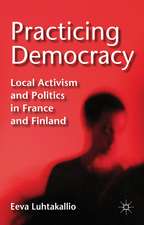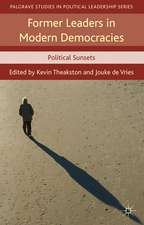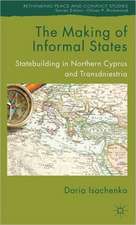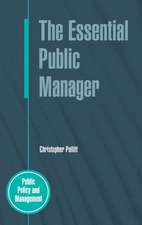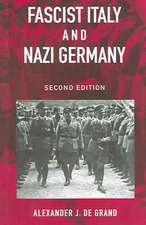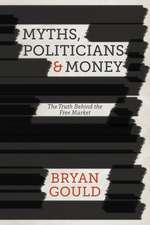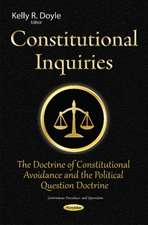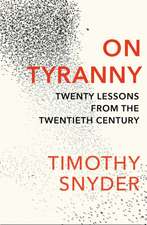Russia 2025: Scenarios for the Russian Future
Editat de M. Lipman, N. Petroven Limba Engleză Hardback – 14 noi 2013
| Toate formatele și edițiile | Preț | Express |
|---|---|---|
| Paperback (1) | 385.47 lei 43-57 zile | |
| Palgrave Macmillan UK – 2013 | 385.47 lei 43-57 zile | |
| Hardback (1) | 390.63 lei 43-57 zile | |
| Palgrave Macmillan UK – 14 noi 2013 | 390.63 lei 43-57 zile |
Preț: 390.63 lei
Nou
Puncte Express: 586
Preț estimativ în valută:
74.75€ • 78.24$ • 62.21£
74.75€ • 78.24$ • 62.21£
Carte tipărită la comandă
Livrare economică 31 martie-14 aprilie
Preluare comenzi: 021 569.72.76
Specificații
ISBN-13: 9781137336903
ISBN-10: 1137336900
Pagini: 290
Ilustrații: XII, 290 p.
Dimensiuni: 140 x 216 x 23 mm
Greutate: 0.48 kg
Ediția:2013
Editura: Palgrave Macmillan UK
Colecția Palgrave Macmillan
Locul publicării:London, United Kingdom
ISBN-10: 1137336900
Pagini: 290
Ilustrații: XII, 290 p.
Dimensiuni: 140 x 216 x 23 mm
Greutate: 0.48 kg
Ediția:2013
Editura: Palgrave Macmillan UK
Colecția Palgrave Macmillan
Locul publicării:London, United Kingdom
Cuprins
Introduction; Maria Lipman and Nikolay Petrov 1. Forty Years in the Desert: The Political Cycles of Post-Soviet Transition; Kirill Rogov 2. After Bolotnaia: Defining a 'New Normal' in Russian Public Politics; Samuel A. Greene 3. Four Russias: Human Potential and Social Differentiation of Russian Regions and Cities; Natalia Zubarevich 4. Russia's Population until 2025; Mikhail Denisenko 5. Government Interference: An Institutional Trap; Boris Grozovsky 6. Russian Regime Dynamics through 2025: Comparative Thinking about the Future; Henry E. Hale 7. Regime Changes in Russia: Trajectories of Political Evolution; Vladimir Gel'man 8. Frameworks of Political System Development; Boris Makarenko 9. From a Federation of Corporations to a Federation of Regions; Nikolay Petrov 10. Becoming Modern Russian Style; Richard Sakwa 11. The Kremlin Turns Ideological: Where this New Direction Could Lead; Maria Lipman 12. The World After Democracy Won; Fedor Lukyanov 13. Russia and the World: The Path to 2025; Fedor Lukyanov Conclusion- The Stalinization of Putinism: A Doomed Effort; Maria Lipman and Nikolay Petrov
Recenzii
'In Russia 2025 an all-star cast of Russia-watchers provides an in-depth examination of the societal, governmental, economic and political forces that will shape Russia over the next decade and a half. This is the essential guide for anyone trying to figure out what lies ahead for Putin's Russia.' Fiona Hill, Center on the United States and Europe, Brookings Institution, USA
'Russia-2025 is a fascinating book. It captures the complexity and uncertainty of the moment and the hard choices Kremlin and Russian society face. It is a great example of critical independent analysis, result of the collective effort of some of the most insightful experts on the country's politics, economy and society. The book provides something that is most lacking in the current debate on Russia, namely- alternative views on Russia's future.' Ivan Krastev, IWM Institute of Human Sciences Vienna, Austria
'Russia is never what meets the eye. President Vladimir Putin, a decade and a half into his dominance of Russian politics, follows a more authoritarian path than ever. But multiple fault lines accumulate beneath the surface. This fascinating collection is the best guide available to the forces simultaneously maintaining and undermining the Russian status quo.' Timothy Colton, Department of Government, Harvard University, USA
'Russia-2025 is a fascinating book. It captures the complexity and uncertainty of the moment and the hard choices Kremlin and Russian society face. It is a great example of critical independent analysis, result of the collective effort of some of the most insightful experts on the country's politics, economy and society. The book provides something that is most lacking in the current debate on Russia, namely- alternative views on Russia's future.' Ivan Krastev, IWM Institute of Human Sciences Vienna, Austria
'Russia is never what meets the eye. President Vladimir Putin, a decade and a half into his dominance of Russian politics, follows a more authoritarian path than ever. But multiple fault lines accumulate beneath the surface. This fascinating collection is the best guide available to the forces simultaneously maintaining and undermining the Russian status quo.' Timothy Colton, Department of Government, Harvard University, USA
Notă biografică
Mikhail Denisenko, Higher School of Economics, Russia Vladimir Gel'man, The European University at St. Petersburg, Russia Thomas Graham, served on the U.S. National Security Council staff froom 2002-2007 Samuel Greene, King's Russia Institute, UK Boris Grozovskiy, Forbes Henry Hale, The George Washington University, USA Maria Lipman, Carnegie Moscow Center, Russia Fyodor Lukyanov, Russia in Global Affairs Journal Boris Makarenko, Center for Political Technologies, Russia Nikolay Petrov, Carnegie Moscow Center, Russia Kirill Rogov, Ye.T. Gaidar Institute for Economic Policy, Russia Richard Sakwa, University of Kent, UK Natalia Zubarevich, Moscow State University, Russia and Independent Institute for Social Policy, Russia.
